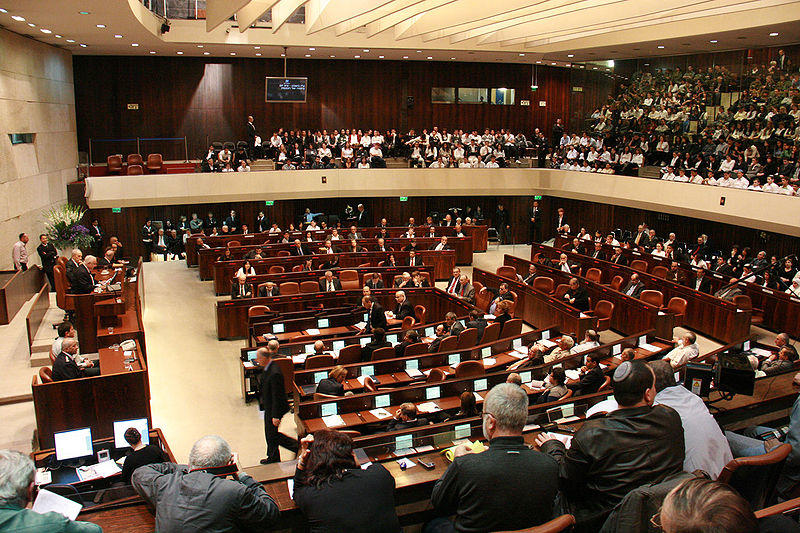Following the 1915 relocation, the properties left behind by Armenians were either used in government service or granted to individuals. As soon as the First World War came to an end, upon the request of the Allies, the Ottoman Government had returned these properties to Armenians or to their descendants coming back home. Without using the term “Armenian”, it is also stated in the Treaty of Lausanne that the properties will be given back to those returning. Within this framework, it could be understood that many Armenians have regained their properties, but due to a lapse of time some requests have not been able to be fulfilled. In short, it is not possible at the moment to return the properties of relocated Armenians to their descendants according to the existing law.
Being unable to retrieve their properties after abandoning their homes, especially under war conditions, is a quite common situation. With a few exceptions, it has not been possible for the Turks who have taken refuge in the Ottoman Empire or the Republic of Turkey during and after the 1878-79 Ottoman-Russian War (93 Harbi), the Balkan Wars and the War of Independence, to regain their properties left behind where they were born. Turkey has conducted negotiations called “estate” with these countries for tens of years. In some of them, in order to deem the requests of both sides equal, Turkey has obtained some results while in others, no progress has been made.
The issues of the relocated Armenians’ properties along with the utopic claims of ceding territory to Armenians or paying compensation have also been expressed from time to time by the Diaspora. Even though done infrequently, Armenian authorities have also addressed the issue of properties after the protocols have failed to be implemented. However, apart from the initiative to file lawsuits a few times in Turkey, no legal action has been taken in regards to the property issue until now.
On 9 July 2010, two Armenians, Garbis Davuyan and Hrayr Turabian, have filed a lawsuit in Los Angeles against the Republic of Turkey and Ziraat Bank and Central Bank of Turkey which were asserted to be government banks, seeking compensation for the properties of their ancestors seized during the Armenian relocation and their money in the bank accounts, Brian Kabateck, the lawyer of the above mentioned persons had indicated that they seek a status of “class action suit” for the lawsuit they have filed. This legal term means that a lawsuit filed on behalf of a few individuals will stand for all individuals having the same grievance. In other words, if the court accepts the class action status and if the two Armenians win the case, other Armenians being in the same situation will be able to make claims on Turkey without filing a separate lawsuit.
Although almost six months have passed, the only development in this case has been that the petition of lawsuit has been notified to the two banks, but no appropriate notification to the Republic of Turkey has been done yet.
Last week, another development has taken place on this issue. Three Armenians named Haroutunyan, Mahdessian and Bakalyan have filed lawsuits against Turkey and the aforementioned two banks on 15 December 2010, accusing them of stealing and then profiting from land that was illegally seized during the Armenian “genocide” and seeking compensation for the seized property and repayment of rent and other illegal proceeds collected over the past century. It has been published in the press that the Incirlik Air Base is among that land that was seized and that 63 million dollars is demanded to compensate for it.
In one of our upcoming articles, we will discuss that such a lawsuit cannot be filed based on international law, that if such a lawsuit is filed, the decisions adopted by the court will not be binding for Turkey, and most importantly, that an agreement exists between Turkey and the US which settles “estate” conflicts. We will also examine the reasons why despite all these, lawsuits concerning the issue of properties have started being filed now after almost a century has passed in silence.
© 2009-2025 Center for Eurasian Studies (AVİM) All Rights Reserved
THE AFTERMATH OF APRIL 24
 AN ASSESSMENT OF 2015 FOR ARMENIA
AN ASSESSMENT OF 2015 FOR ARMENIA
THE DECLARATION REGARDING ARMENIAN GENOCIDE ALLEGATIONS - Ömer Engin LÜTEM
CHURCH PROPERTIES AND THE AMERICAN CONGRESS
 POLITICAL OPPORTUNISM AND REVANCHISM AT PLAY AT THE ISREALI PARLIAMENT
POLITICAL OPPORTUNISM AND REVANCHISM AT PLAY AT THE ISREALI PARLIAMENT
THE NECESSITY FOR A NEW STRATEGY
 THE EUROPEAN PARLIAMENT AND ITS RESOLUTION ON THE 2015 PROGRESS REPORT ON TURKEY
THE EUROPEAN PARLIAMENT AND ITS RESOLUTION ON THE 2015 PROGRESS REPORT ON TURKEY




























